Workplace culture can be defined as the characteristics, environment, collective beliefs, and way of life that are imbibed by individuals within a certain organisation. The concept of workplace culture is perhaps as old as the concept of institutionalised business itself. But in recent decades, companies have made it a point to learn more about how their organisational cultures tick—and ultimately, how to build cultures that can improve their business outcomes and empower their staff.
What’s the value of understanding your workplace culture—and beyond that, making a concerted effort to define and uphold it within your organisation? Ross Judd share why workplace culture matters, as well as how you can inspire the people that drive your culture.
Why Make the Effort to Define Your Workplace Culture?
You may notice that it’s sometimes easy to derive an idea of what a workplace culture can be like based on the size of the organisation or the nature of their industry. For example, most big businesses that operate in the finance or fast-moving consumer goods industries are assumed to have competitive and ambitious workplace cultures, while small startups are known to be more laid-back and friendly.
Does it help your company to be known for a particular kind of workplace culture in a way that’s similar to the examples above? Culture experts say the answer is yes. The act of defining your workplace culture can do more for you than simply cultivate public awareness about your brand and distinguish it from the competition.
For one, workplace culture can be a deciding factor for a promising job candidate who’s choosing between your company and another company within your industry. And on the part of your existing workforce, it can compel people to stay with your organisation and to pursue leadership opportunities instead of seeking them elsewhere.
In your efforts to define your workplace culture, you can ask yourself and your colleagues the following questions:
- What do we want to achieve by strengthening our company culture?
- What kind of legacy do we want to create for our company in the succeeding years?
- What positive qualities do we want people to associate with our company?
- What traits, habits, and routines can be incorporated into our workplace culture to empower our staff members?
Such questions can be part of your process when you’re rethinking your ideal workplace culture and determining how to best put it in place.
The Benefits of a Strong and Well-Defined Workplace Culture
As mentioned above, good things will come out of defining and strengthening your company culture. Some of the most noteworthy advantages are the following:
It Can Imbue Your Work with More Meaning and Purpose
If you and your staff members have a strong workplace culture to come back to, it can remind you of why you pursued this profession in the first place and what you’re all capable of achieving together. As many companies can attest in light of events like the COVID-19 pandemic, retaining a sense of workplace culture while working remotely helped employees feel grounded and focused even amidst challenging working conditions.
It Can Attract the Best Talent to Your Company
Your company may be similar to many others in your industry in terms of the salary, benefits, and career opportunities you can offer to job candidates. But what will make them choose to work for you as opposed to one of your competitors?
Company culture may be the key. If a candidate knows you for having a positive, healthy, and uplifting culture that’s perfect for growing their talents, they won’t hesitate to bring their skills and experience to your doorstep.
It Can Keep Morale High
A genuine and non-toxic workplace culture can motivate employees and encourage them to consistently bring their best selves to the table. Knowing that they can rely on a workplace culture that promotes mutual respect, support, and openness, it won’t be hard for them to wake up in the morning and confront the challenges the day may bring.
It Can Foster an Environment of Collaboration and Creativity
Lastly, a workplace culture that revolves around values like collaboration and creativity can evoke these same traits in staff. Remember that qualities like teamwork and creative thinking do not simply spring out of the ether; they are cultivated by people who practise them on purpose. Keep freshness, innovation, and ambition thriving in your company by ingraining these qualities in your culture.
Work with Ross Judd and Let Culture Take Centre Stage
Now that you know how much a positive and well-defined workplace culture matters to your success, it’s time to put the best principles into practice. To strengthen your company’s culture by working with a culture change coach, contact Team Focus PLUS. Work with us today to build a company legacy that you and your employees can truly be proud of!
If you want to know more, call us on 1300 551 274 or send an email at team@teamfocusplus.com. We look forward to hearing from you.





